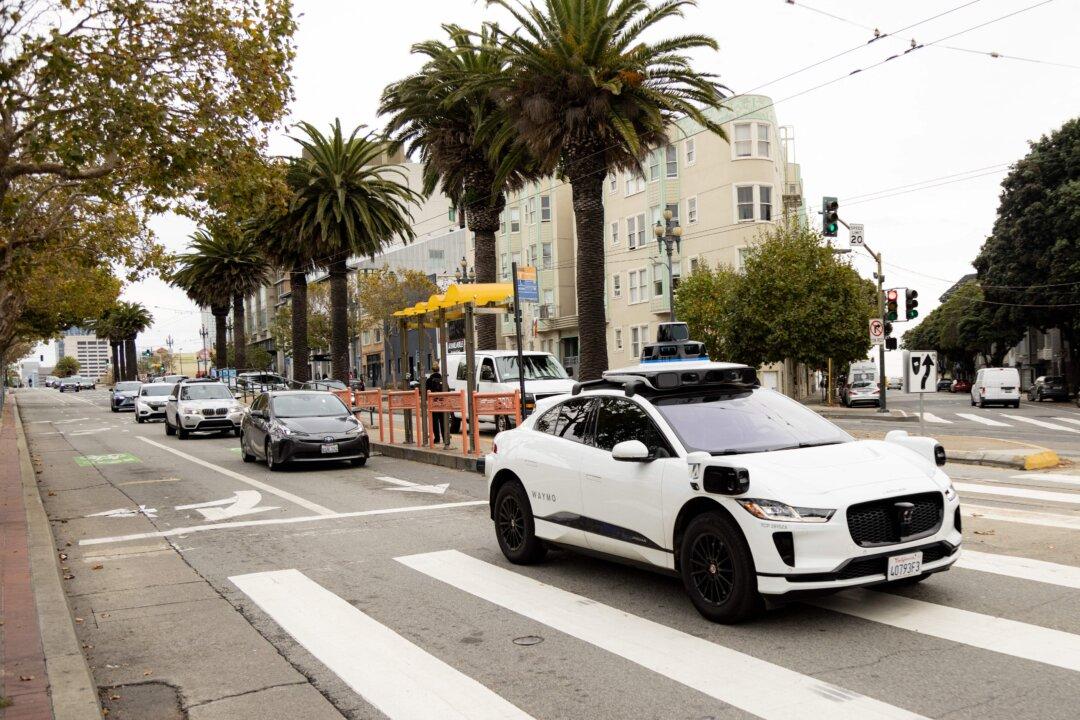Local governments in California are closer to having a say in how autonomous vehicle (AV) companies operate in their communities after a recent vote by a California Senate committee.
Senate Bill 915, authored by San Jose-based Sen. Dave Cortese, would allow such governments to pass ordinances to regulate how, when, or where AVs can operate to address public safety concerns that have arisen since their recent launch.





